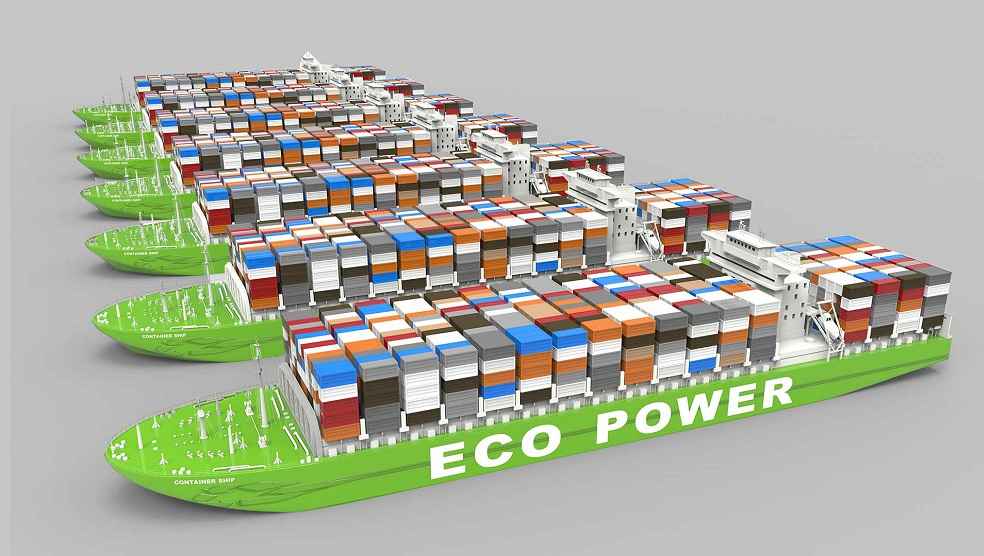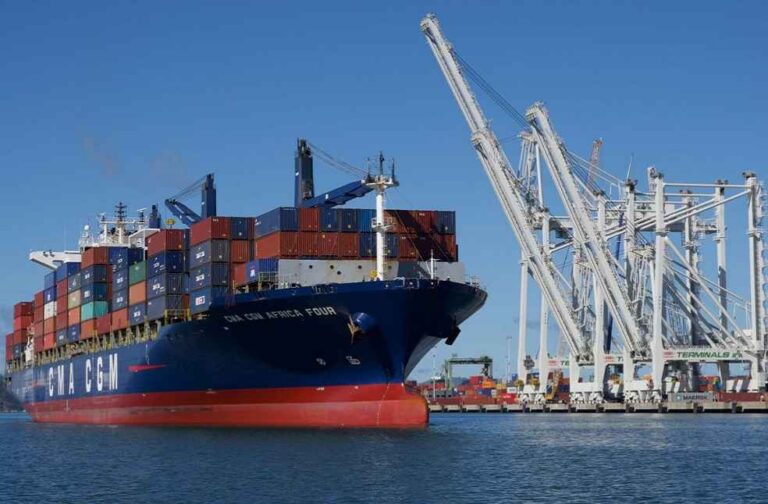For decarbonizing and reducing global maritime shipping emissions, leaders from the Port of Oakland have collaborated with the California State Transportation Agency (CalSTA) and the Japanese Ministry of Land, Infrastructure, Transport, and Tourism. A landmark symposium, the Port Decarbonization & Green Shipping Corridor, was convened in Los Angeles, marking a united front in the efforts to diminish greenhouse gas emissions both on global and local scales.
Danny Wan, the eminent Executive Director of the Port of Oakland, delineated transformative projects aimed at curbing carbon emissions emanating from the realm of maritime shipping operations. A nexus in the vast network connecting Asia and the U.S. West Coast, Oakland’s port is heralded as a formidable maritime gateway, bustling with ceaseless activity.
A Memorandum of Understanding (MOU) became the cornerstone of this epoch-making symposium. Crafted to expedite the decarbonization of supply chains woven between Oakland and Japanese ports, the MOU symbolizes a symbiosis between the Port of Oakland, USA, and the Port of Yokohama, Japan. This fusion of intents and strategies is geared toward revolutionizing operations, and seeding green initiatives throughout the supply chain’s tapestry.

Danny Wan cast a spotlight on Japan’s steadfast dedication to championing decarbonization objectives. He further acknowledged the invaluable contributions emanating from these partnerships, key drivers propelling the realization of ambitious, environment-preserving initiatives.
Enriched by 43 years of fraternity as sister ports, Oakland and Yokohama now embark on a shared odyssey. They navigate through uncharted realms of innovation, steering projects imbued with visions of reduced carbon footprints. The diverse tapestry of these projects spans the development of pioneering low-carbon technologies, the exploration of sustainable fuel alternatives, and the nurturing of initiatives that herald the era of green ports.
Kristi McKenney, the Chief Operations Officer at the Port of Oakland, lauded the contributions of a dedicated team of environmental specialists. Their collective expertise and innovative efforts are pivotal, playing a significant role in steering the port toward achieving remarkable emissions reduction milestones.

The odyssey toward decarbonizing maritime operations unfurls its next chapter in the Port of Oakland’s meticulously crafted Seaport Air Quality 2020 and Beyond Plan. This magnum opus of environmental strategy unveils a spectrum of dynamic initiatives, heralding the hybrid technologies, deployment of battery-electric and hydrogen-powered trucks, and the development of renewable energy systems, all aimed at actualizing the goal of achieving zero emissions.
By fostering this collaborative global perspective, the Ports of Oakland and Yokohama are setting a powerful precedent, sparking inspiration for transformative changes across the global maritime industry. This partnership signifies a monumental step forward in the ongoing journey toward a sustainable, decarbonized global shipping landscape.
DON’T MISS IT | Logistics Revolution: India’s ‘First Zero Emission Road’ Freight Cluster Soon



